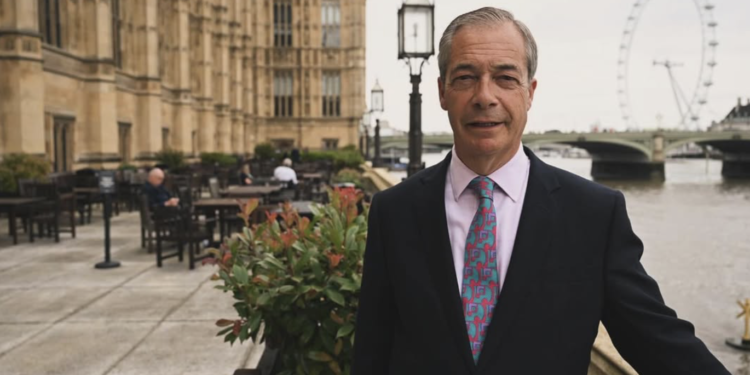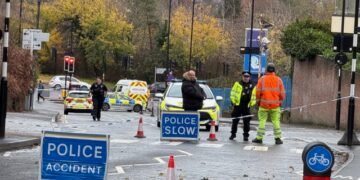Nigel Farage has launched a blistering attack on authorities over their handling of the Southport dance class murders, branding it “the most appalling cover-up” he has ever witnessed.
The Reform UK leader’s comments came as 18-year-old Axel Rudakubana pleaded guilty to murdering three young girlsduring a Taylor Swift-themed dance class in Southport last July.
Speaking on GB News, Farage claimed he had been “vilified” by mainstream media outlets and politicians for questioning why crucial information about the attacker had been withheld from the public.
The case has taken a dramatic turn as court proceedings revealed Rudakubana had possessed an Al Qaeda manual and ricin, a biological toxin, discovered during police searches. More alarmingly, it emerged the teenager had been referred to the Prevent counter-terrorism programme four times before carrying out the attack.
“We’ve been denied the truth and now we’re told we’re having a public inquiry. They’re saying ‘please don’t say anything in case you prejudice that’,” Farage said, directing his criticism at senior political figures.
The attacker admitted killing Alice da Silva Aguiar, 9, Bebe King, 6, and Elsie Dot Stancombe, 7, at Liverpool Crown Court. He also pleaded guilty to attempting to murder eight other children and two adults, including dance instructor Leanne Lucas and businessman John Hayes.
Prosecutors described Rudakubana as a “young man with a sickening and sustained interest in death and violence”. Despite these revelations, the attack was not classified as a terrorist incident, a decision Farage heavily criticised.
“We get the prime minister, the Home Secretary screaming at the far-right, daring not to admit to the public that actually, this is a terrorist,” he said, adding that authorities were “trying to run away from this and it’s just not good enough.”
The court heard that warning signs had emerged before the attack, with Rudakubana being excluded from Range High School in Formby following an incident with a hockey stick. Prime Minister Keir Starmer has since pledged to draw a “line in the sand” against what he describes as a new form of terrorism, though questions remain about why earlier interventions failed to prevent the tragedy.

































